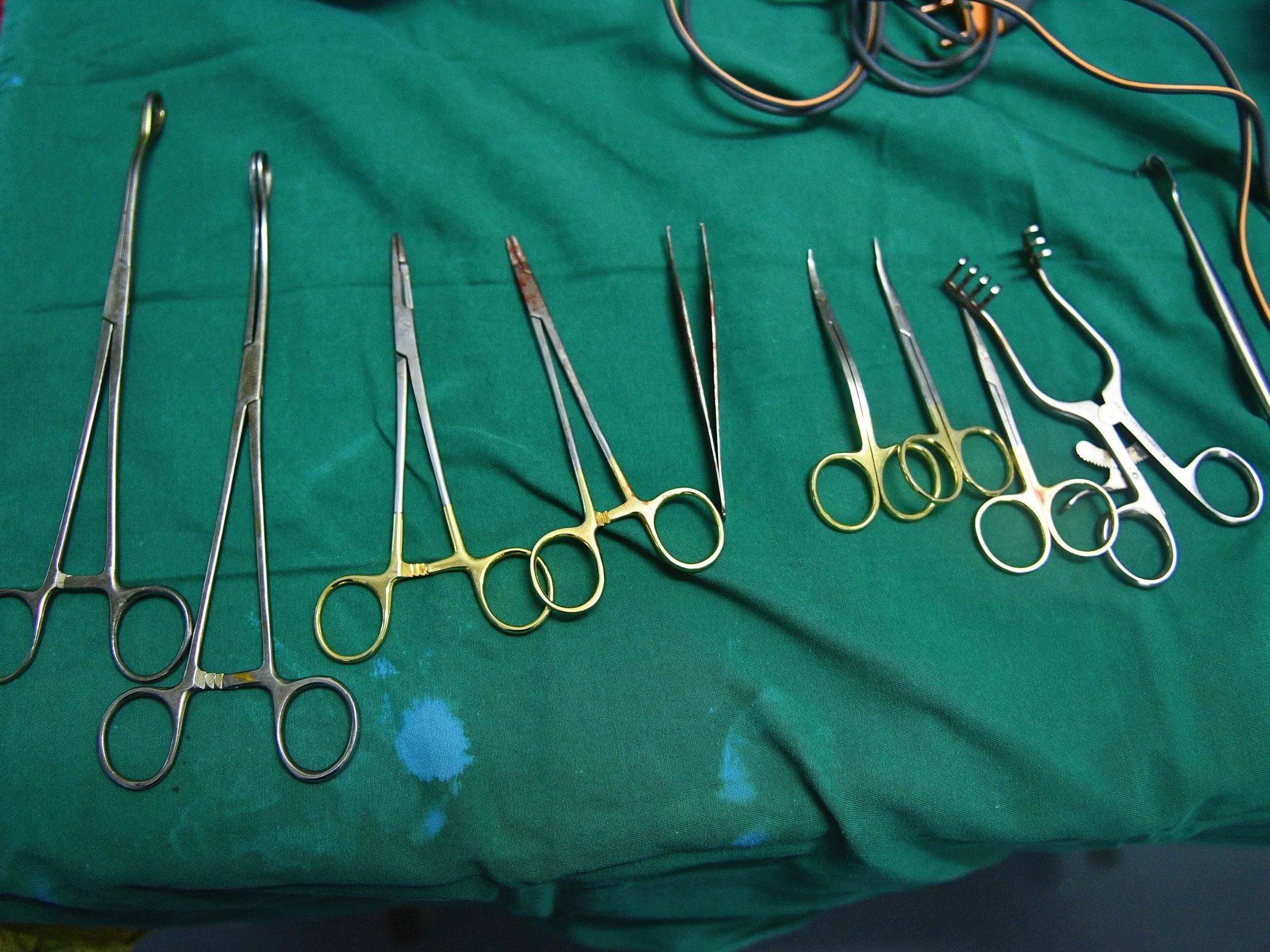Girls in Somalia suffering FGM in coronavirus lockdown 'with cutters travelling from door to door'
While the practice is recognised as a human rights violation, 98 per cent of girls aged between the age of five and 11 in Somalia have been cut, Maya Oppenheim reports


Girls in Somalia are being forced to endure female genital mutilation (FGM) at home during the coronavirus lockdown with perpetrators travelling from house to house to carry out the practice, a charity has said.
Plan International, a global children’s rights charity, say they are seeing increased calls about FGM incidents across Somalia where schools have been shut to control the spread of Covid-19.
Sadia Allin, Plan International’s Head of Mission in Somalia, said: “The lockdown is being seen as an opportune time for the procedure to be carried out in the home with ample time for healing.
“The economic turndown is also motivating the cutters to resort to harmful livelihood options, and they are knocking door to door to cut girls. One of the cases we have recorded is of two sisters aged eight and nine who were cut last week and who are still trying to come to terms with what happened to them. Their mother, like many parents, views cutting as an essential part of a girls’ cultural and gender identity, a precondition for marriage and most importantly a religious rite of passage.
“Every girl and woman should have the autonomy and necessary knowledge to be able to make free and informed decisions about her body. It is crucial to engage families, communities and traditional and religious leaders in changing attitudes and norms around this harmful practice. We need to ensure it is no longer perceived to be acceptable, beneficial or tolerated and is instead condemned as a human rights violation which needs to be eliminated.”
FGM, internationally recognised as a human rights violation, refers to any procedure that intentionally alters female genital organs for non-medical reasons and can cause a lifetime of severe health problems and pain. It is commonly conducted in school holidays in urban areas or during the rainy season in rural regions in Somalia.
UNICEF states Somalia has the largest cases of FGM globally with 98 per cent of girls aged between the age of five and 11 having been cut. The practice of FGM remains legal there.
Plan International, which is working with a local group, NAFIS (Somaliland National Network Against FGM/C), called for services which tackle FGM and gender-based violence to remain a priority in the wake of the Covid-19 emergency.
The charity, which is part of response efforts to the crisis in more than 50 countries, has launched an emergency appeal urging Britons to support its work to help those hit by the coronavirus outbreak around the world.
A study, carried out by the United Nations sexual and reproductive health agency (UNFPA), recently predicted there will be an extra seven million unintended pregnancies and 31 million additional cases of gender-based violence if coronavirus disruption carries on for six months.
Progress on FGM was predicted to be massively hampered by the coronavirus emergency as well – with the study estimating 2 million FGM cases may take place during the next 10 years that could have been avoided.
It also suggested the coronavirus outbreak could stall measures to curb the practice of child marriage and possibly lead to an additional 13 million child marriages in the next decade that could have been stopped.
The World Health Organisation estimates more than 200 million girls and women who are currently alive have been subject to FGM, a procedure which is often conducted without anaesthesia, in 30 countries in Africa, the Middle East and Asia.
FGM survivors recently recounted the horror of the practice to The Independent as Equality Now, a non-government organisation which promotes the rights of women and girls, found official data on the global prevalence of FGM released by Unicef “woefully” underestimates both the nature and scale of the issue.
Join our commenting forum
Join thought-provoking conversations, follow other Independent readers and see their replies
Comments
Bookmark popover
Removed from bookmarks